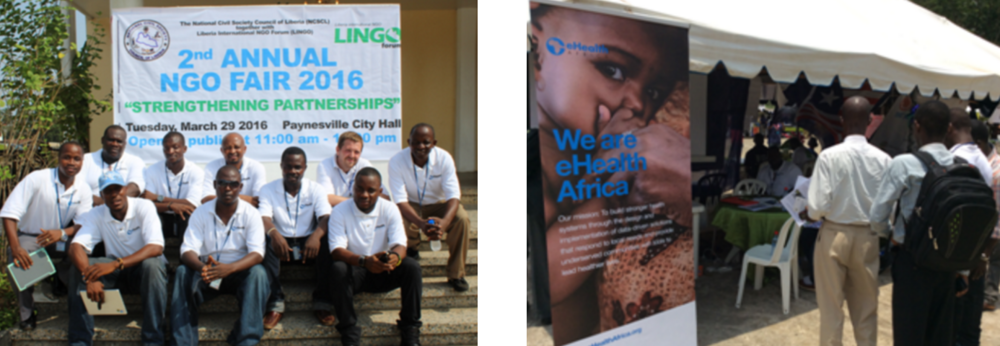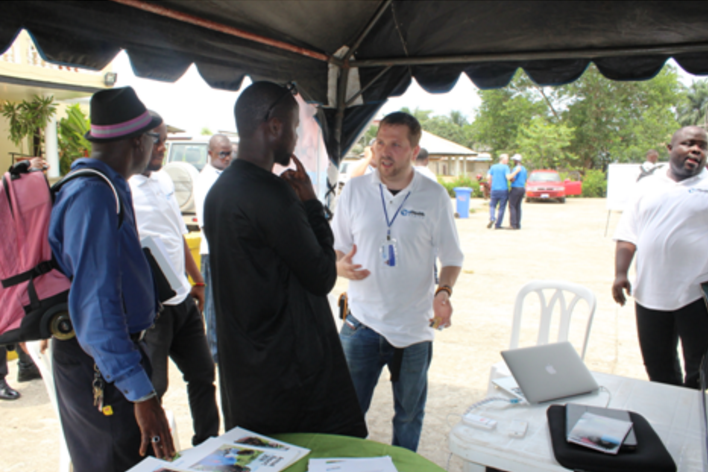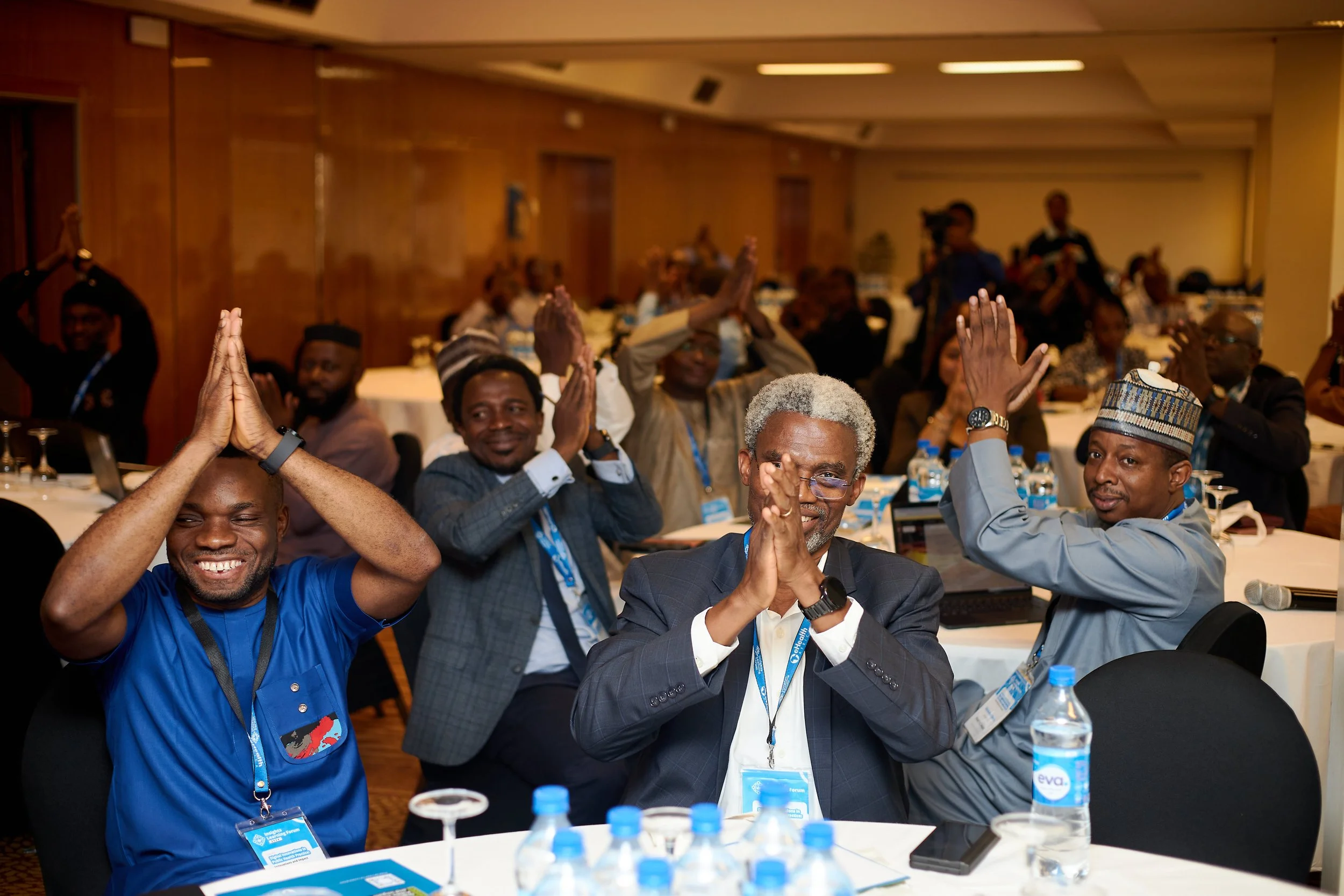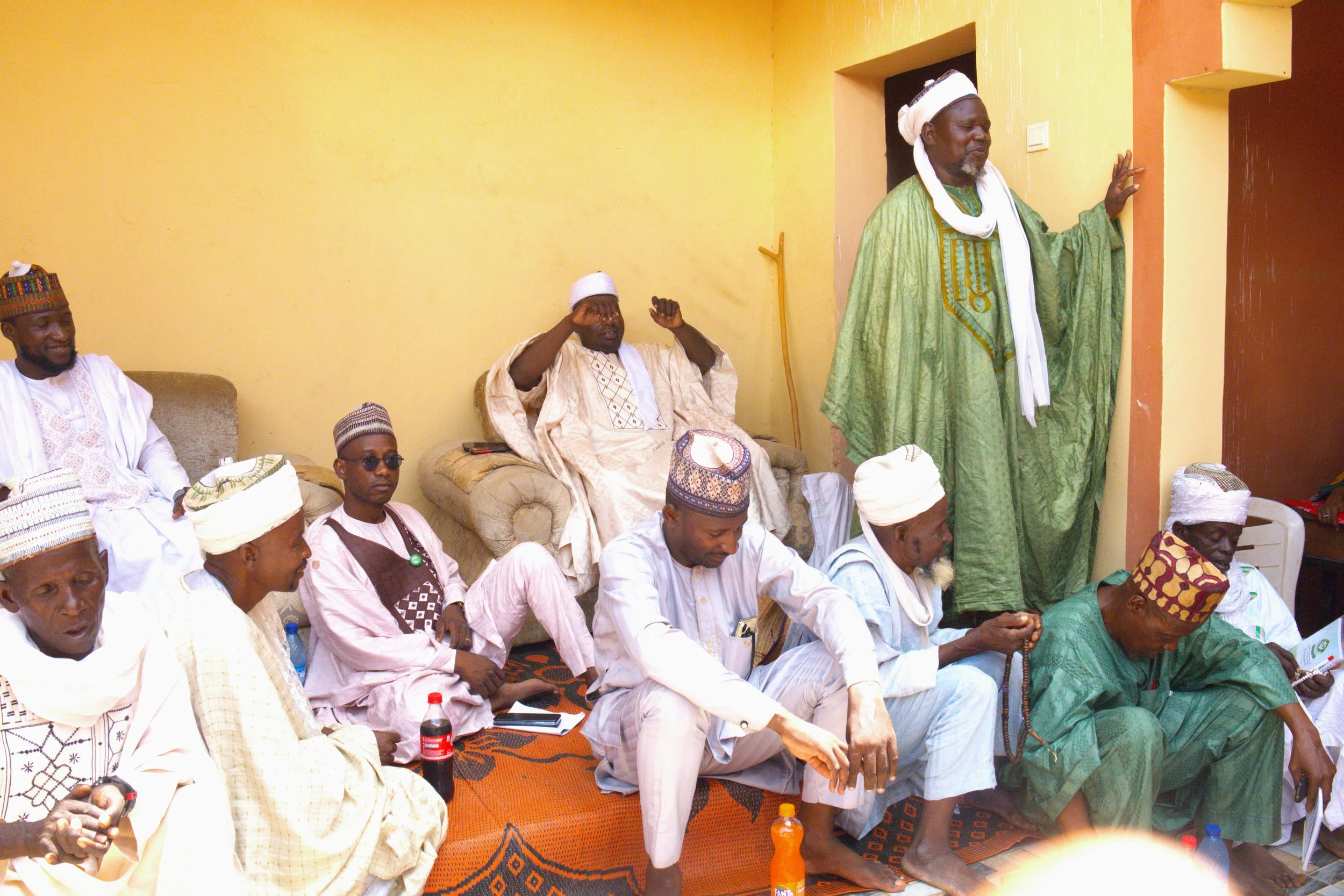
In late March, the Liberia International Non-Governmental Organization (LINGO) Forum collaborated with the National Civil Society Council to organize a non-governmental organization (NGO) fair in Monrovia, Liberia. This is the second annual event, and both African and International NGOs attended. This year’s theme was “Strengthening Partnerships.”
The LINGO Forum is composed of an international network of NGOs, and was established in Liberia in 1997. LINGO’s mission is to support and improve coordination between members through communication, information sharing, advocacy, liaison activities and capacity building.
Participants of the NGO Fair were welcomed to the event by Andrew Hoskins, the Country Director of Medical Team International. He spoke about the importance of the theme, and encourage continued attendance of future events. Frances Reeves, Chair for Liberia’s National Civil Society Council, encouraged NGOs to remain strong partners to the Government of Liberia.
eHealth Africa demonstrates eHealth Tech
eHealth Africa (eHA) was represented by Country Director Aurelio Gomes at the organizations booth, where he was accompanied by other team members from the office.

Nathan Humphreys, Information Systems (IS) Manager, welcomed partners who visited eHA’s booth and discussed eHA’s work. “Technology used by eHA is very good,” said one of the participants. “If we need data from the field, it takes months to reach the health facilities. But it now take less time, since the application used by eHA can register and send data within minutes,” he said. “I am very impressed, and will have to speak with my office about it.”
The eHA team presented a video which showed how eHA’s data collection systems work, and followed this up with a real time data collection exercise. The team went from booth to booth using a smartphone to register information from other organizations. eHA data collectors Mark Miller and Israel Kollie sampled 118 individuals from 50 organizations. Data was then aggregated and displayed through graphics via a screen at the eHA booth. Age, gender, and the number of participants entered per organization data was collected.

This exercise showed the incredible value and effectiveness of eHA data collection and analysis capabilities. Seventeen international NGOs took part in the exercise and were highly impressed with eHA’s health technology tools and opportunities for more prompt digital delivery of health information. Multiple organizations committed to follow up meetings and potential partnerships, in order to build their electronic capabilities in health delivery.
A Successful Event And An Interview On National TV
The fair was a great success. eHA built many great relationships, and looks forward to potential partnerships. eHA’s Country Director Aurelio Gomes was interviewed by reporter James Kaypo on Liberian television, and said “eHA is committed to being a strong local supporter for the Liberian Government’s health initiatives."
Watch the interview video below or on our YouTube channel.
[youtube=://www.youtube.com/watch?v=wJibV1D3nLc&w=854&h=480]










